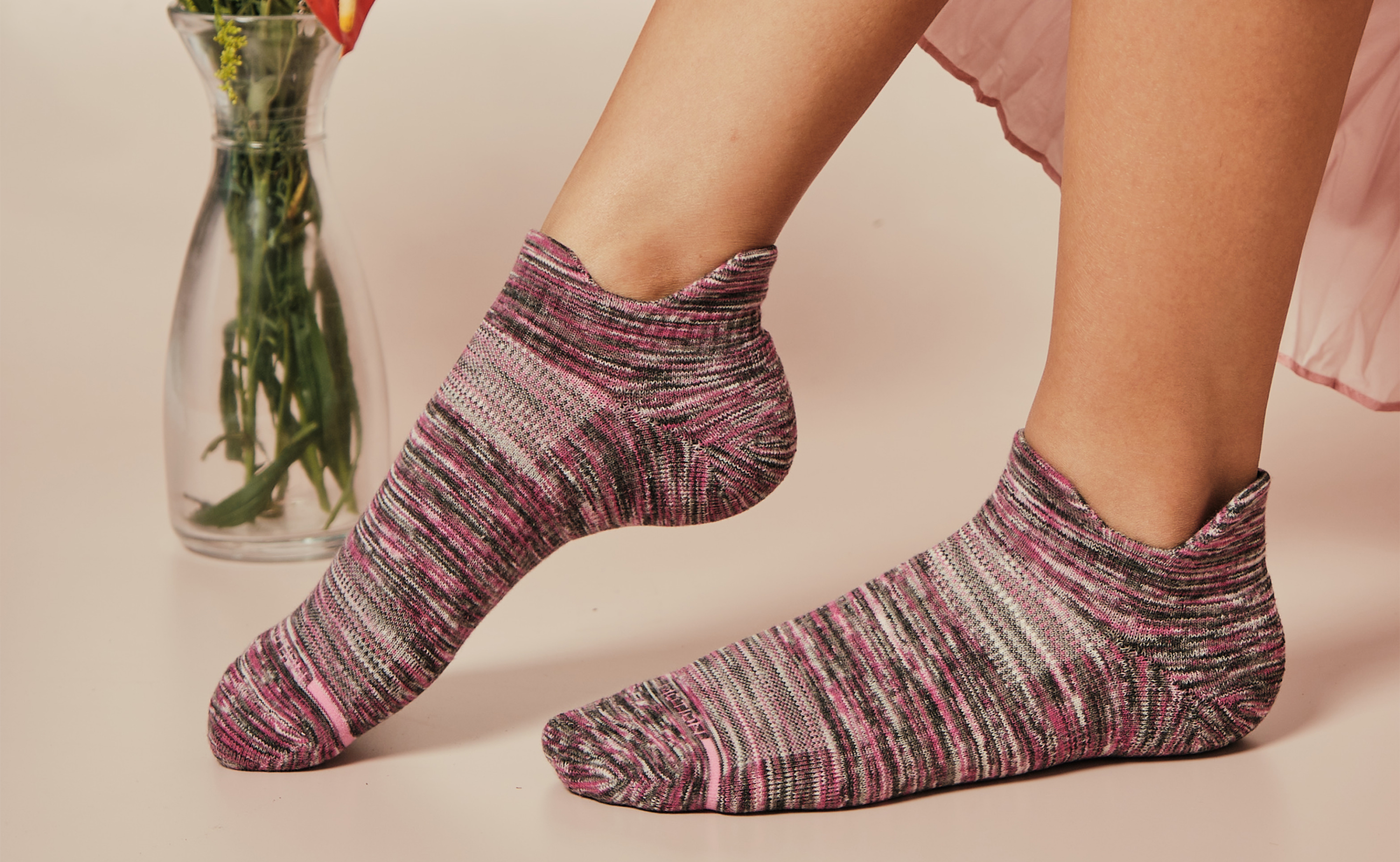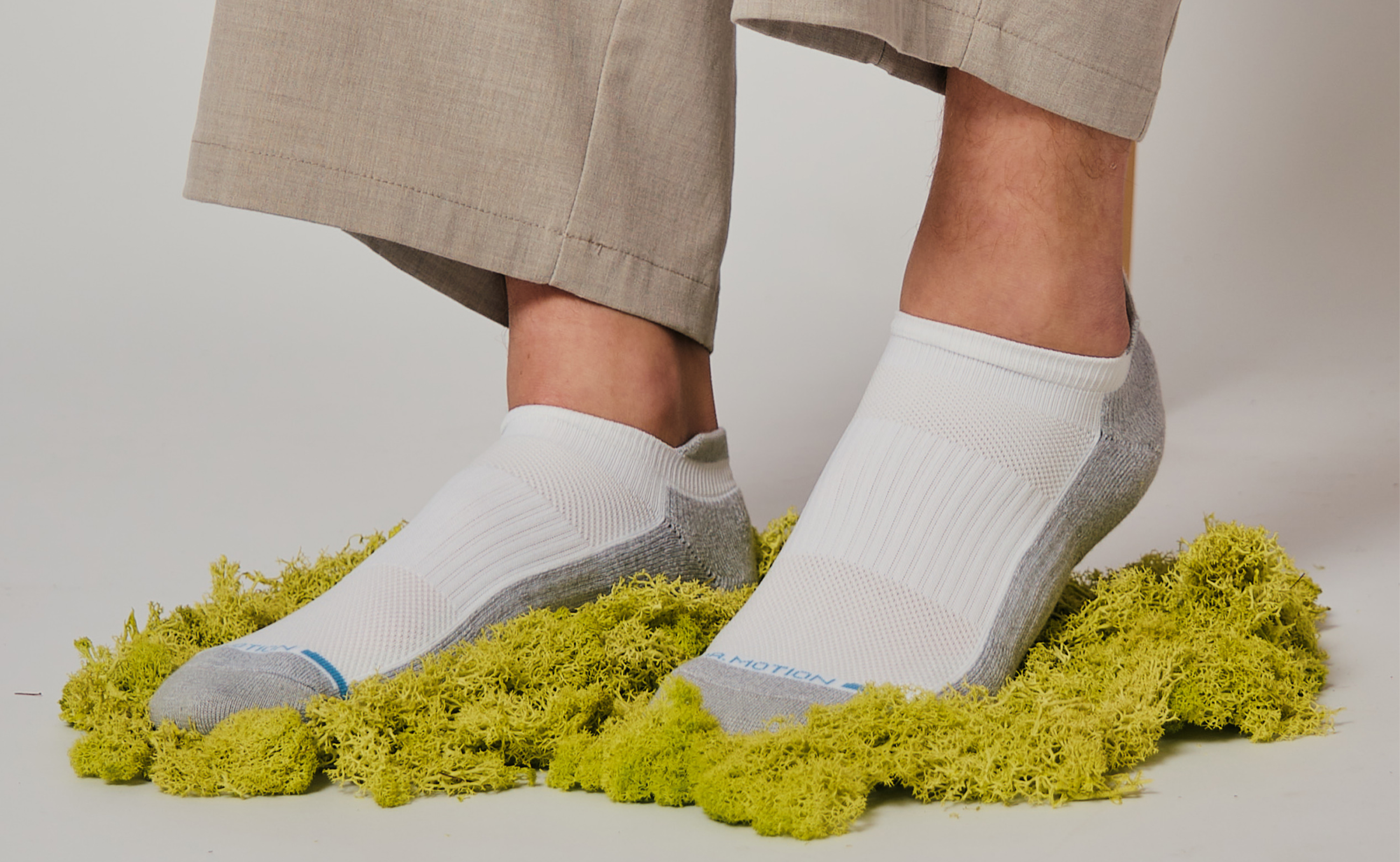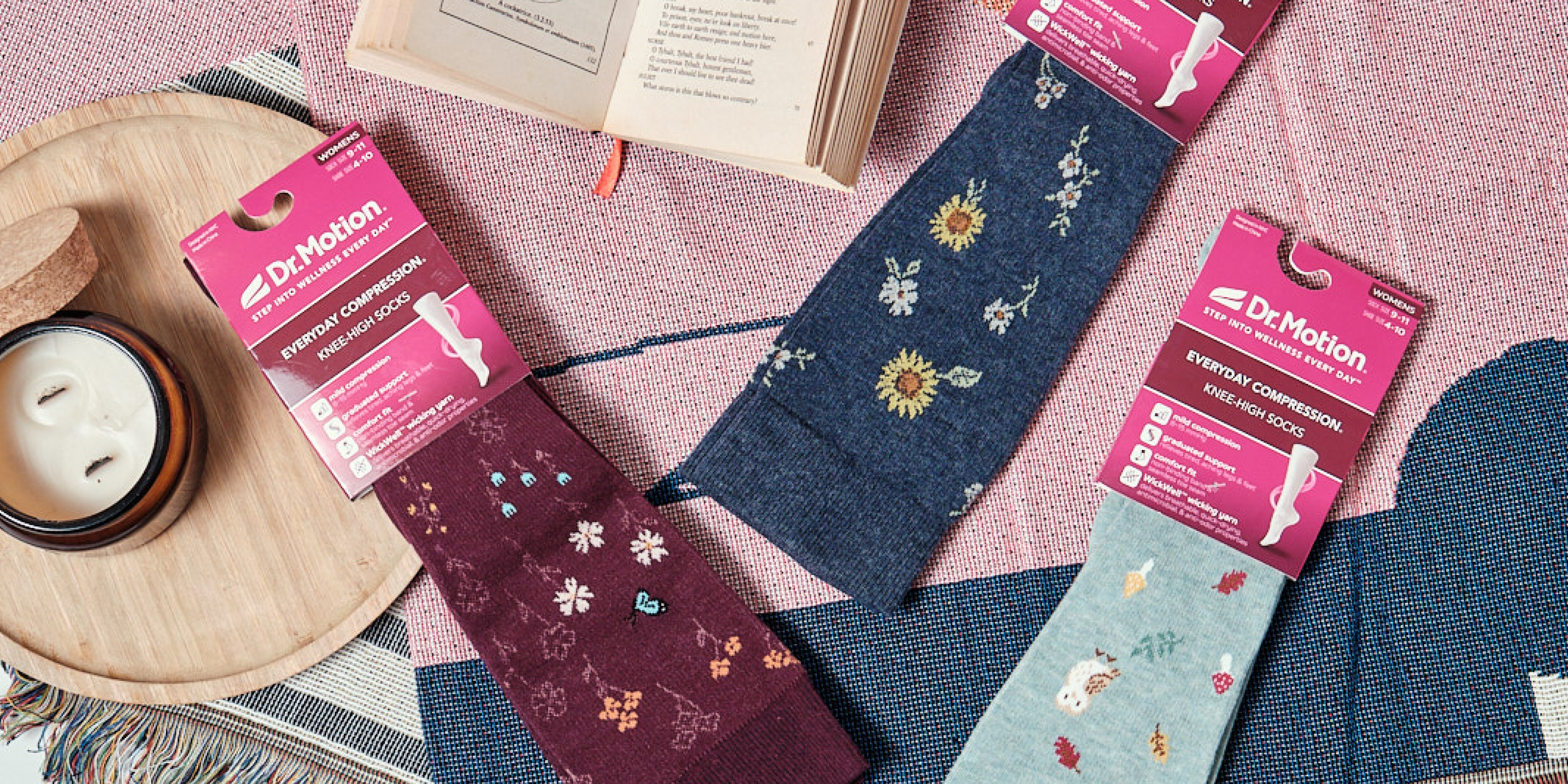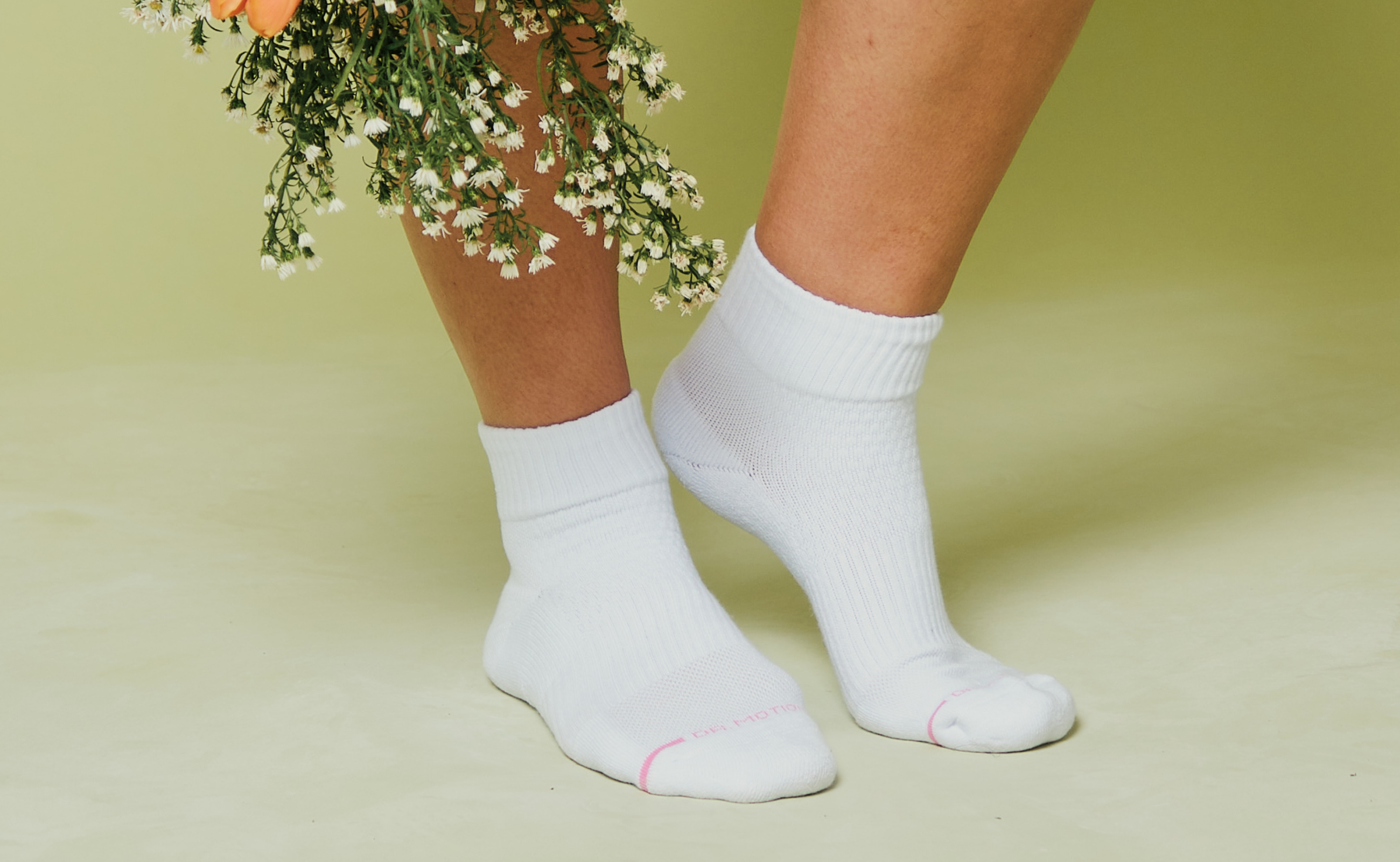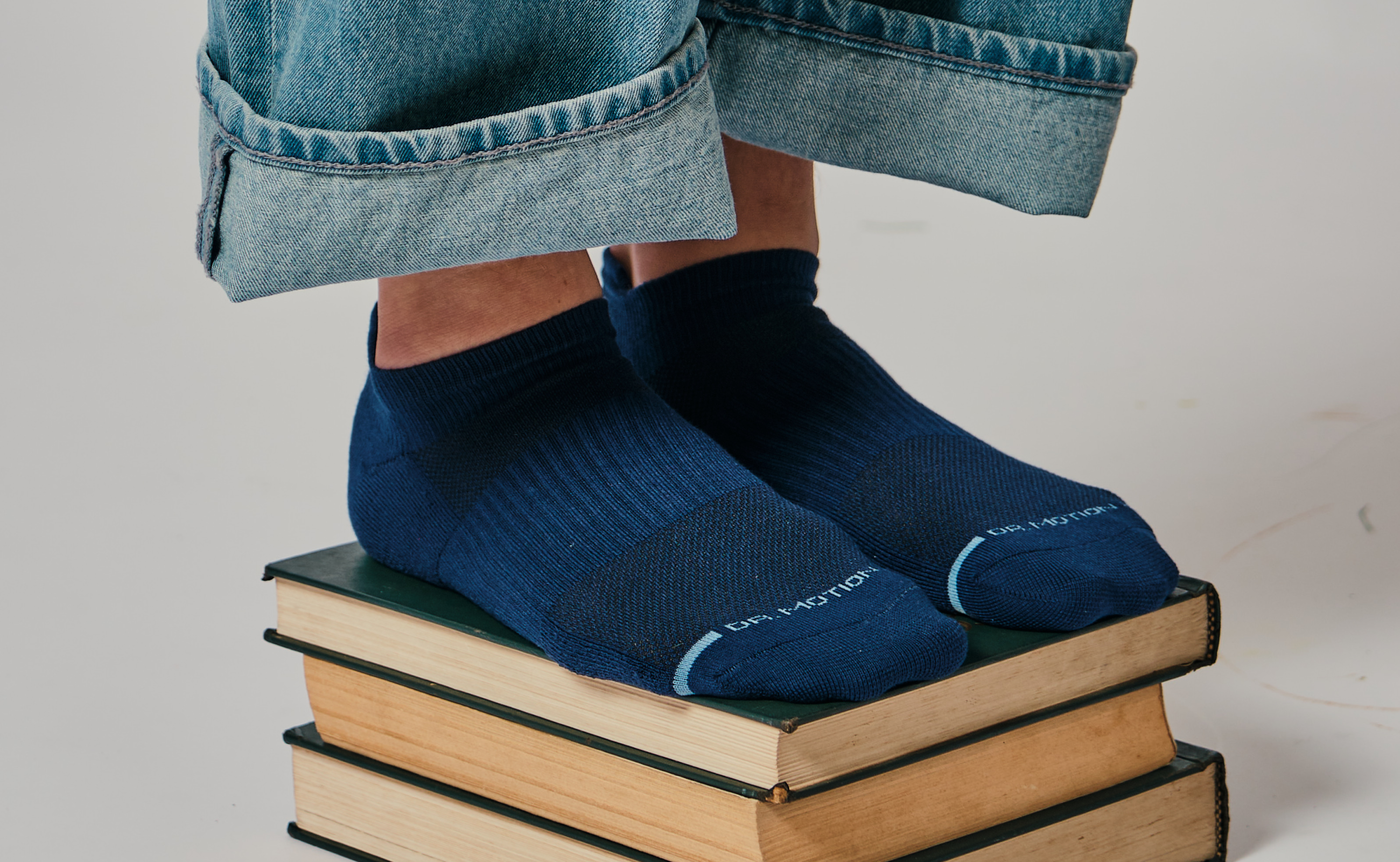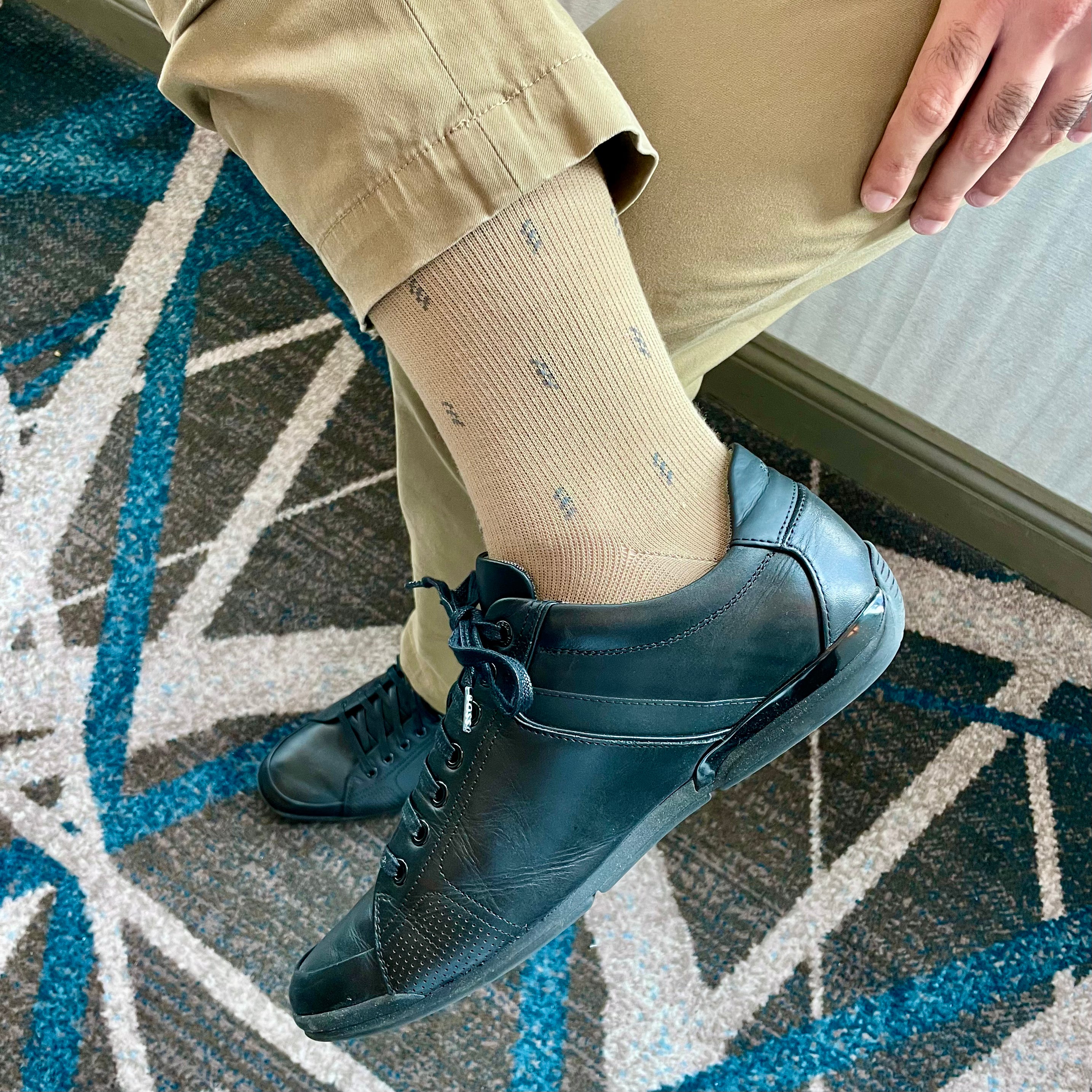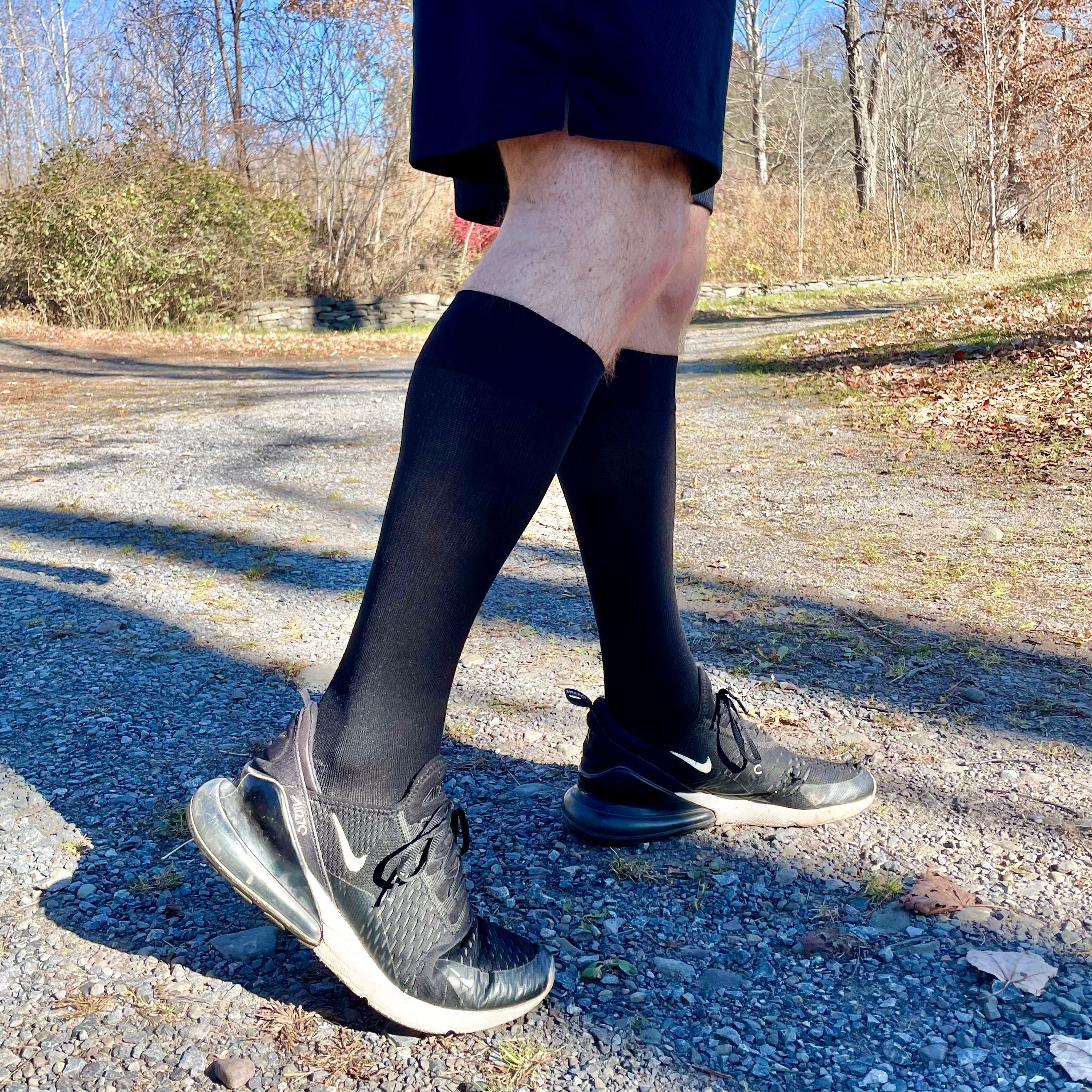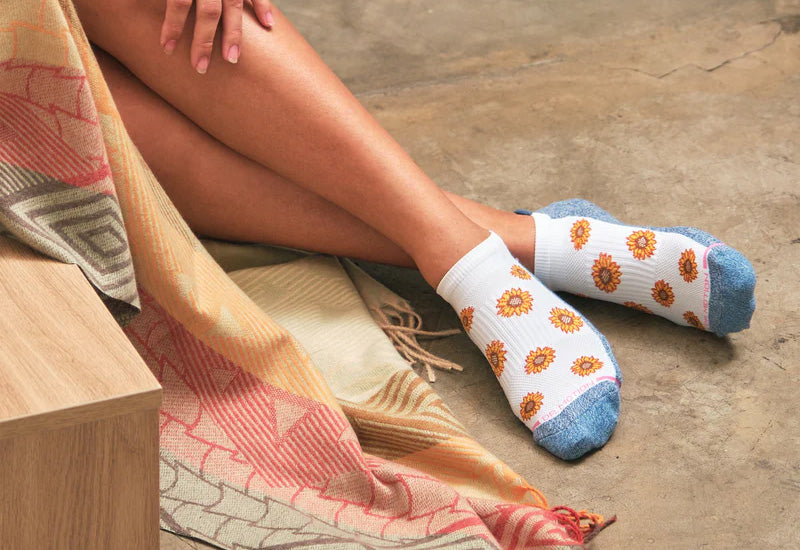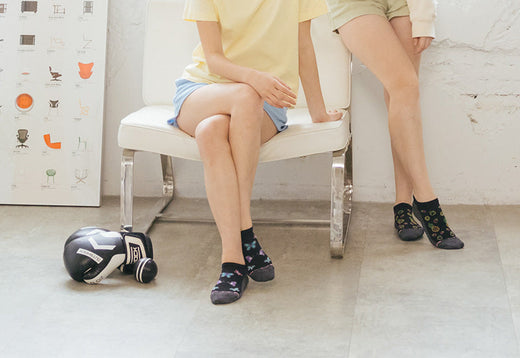Understanding Neuropathy and Compression Socks
Neuropathy, a condition that arises from nerve damage, affects millions worldwide. If you or someone you know has neuropathy, you might already understand how challenging it can be to manage these symptoms. Managing neuropathy typically involves a combination of medications, lifestyle adjustments, and supportive tools. Among these tools, compression socks have gained attention. While they aren’t a cure, they might play a significant role. But how do they work, and are they the right choice for managing nerve pain? Let us address these questions one by one.
What are Compression Socks, and How Do They Work?
Compression socks are specifically designed to improve blood flow in your legs and feet. Unlike regular socks, they provide consistent pressure, which is tightest at the ankle and gradually decreases as it moves upward. This graduated compression encourages blood to flow back to your heart, reducing swelling and preventing blood from pooling in your legs.
Do Compression Socks Help with Nerve Pain?
Nerve pain, also known as neuropathic pain, occurs when nerves are irritated, damaged, or dysfunctional. If you’re experiencing nerve pain, compression socks can play a supportive role in easing symptoms. They help reduce swelling around nerves, enhance circulation, and provide comfort and stability, relieving nerve pain symptoms like burning, tingling, and discomfort.
Can Compression Socks Help with Neuropathy?
Let us start with this query by understanding the basic difference between neuropathy and nerve pain. Neuropathy refers to damage or dysfunction in one or more nerves, resulting in symptoms like numbness, tingling, or muscle weakness. It is commonly caused by conditions like diabetes, infections, or injury. On the other hand, nerve pain (or neuropathic pain) is a specific symptom of neuropathy characterized by sharp, burning, or stabbing sensations due to irritated or damaged nerves. While all nerve pain stems from neuropathy, not all neuropathy causes nerve pain.
Compression socks may help manage specific neuropathy symptoms, especially when poor circulation or swelling contributes to discomfort. These socks improve blood flow, reduce swelling, and may alleviate related symptoms for people with diabetic or peripheral neuropathy. When you wonder whether compression socks are good for neuropathy, think of them as part of a larger care strategy. They are not a standalone solution for neuropathy, meaning they can complement other treatments but won’t reverse nerve damage or cure the condition.
Important Considerations: Always consult your healthcare provider before trying compression socks. They can recommend the appropriate compression level and ensure that this therapy is safe for your condition.

Benefits of Using Compression Socks for Neuropathy Symptoms
Neuropathy can manifest in various ways, and different symptoms require specific approaches for relief. Compression socks can play a pivotal role in managing these symptoms. Let’s take a look at common neuropathy symptoms and how compression socks help alleviate them:
|
Symptom |
Benefits of Compression Socks |
|
Many people with neuropathy, particularly those with diabetes, experience swelling in their lower extremities. This swelling can put pressure on nerves, exacerbating discomfort. |
Compression socks help reduce fluid retention in the legs and feet, which alleviates pressure on the nerves. By promoting better circulation, these socks prevent fluid buildup, making it easier to move and reducing discomfort caused by swollen limbs. |
|
A common symptom of neuropathy is the tingling or "pins and needles" sensation, especially in the feet or hands. This occurs when nerves are damaged or irritated, leading to abnormal nerve signaling. |
Compression socks help improve blood flow to the affected areas, which can reduce the irritation of the nerves that causes tingling sensations. By stabilizing the blood circulation, they can lessen the frequency and intensity of this discomfort. |
|
Neuropathy can cause muscle weakness, particularly in the legs and feet, which can make it difficult to stand, walk, or perform everyday tasks. |
By providing consistent pressure, compression socks offer extra support to the muscles and joints. This added support can help prevent instability, reduce fatigue, and improve mobility, making it easier for you to stay active and maintain balance. |
|
Many individuals with neuropathy suffer from chronic pain or burning sensations in the affected areas, particularly in the feet and legs. |
Compression socks help by reducing swelling around the nerves and improving circulation. This alleviates pressure, which in turn can help reduce the intensity of the burning or sharp pain often felt by those with neuropathy. |
|
Numbness, especially in the feet, is a troubling symptom of neuropathy. It can interfere with your ability to walk or perform routine activities, and in some cases, it increases the risk of injury. |
While compression socks don’t directly restore sensation, they improve circulation, ensuring that nerves receive the oxygen and nutrients they need for better function. Improved blood flow can reduce numbness and promote healthier nerve activity. |
These benefits highlight how compression socks can positively impact your day-to-day life. Dr. Motion offers a thoughtfully designed collection that includes versatile lengths such as ankle, quarter, and knee-high, paired with stylish designs that seamlessly blend functionality and comfort.
Tips for Safely Using Compression Socks for Neuropathy Relief
To make the most of compression socks for neuropathy, it’s essential to use them safely. Improper use can lead to discomfort or even worsen symptoms. Here are some practical tips:
- Choose the Right Fit: Compression socks come in various sizes and pressure levels. We suggest speaking with your doctor to determine the right option for you.
- Wear Them Correctly: Put them on in the morning when swelling is minimal. Look for wrinkles in the fabric, as they can cause uneven pressure.
- Monitor Skin Health: Check your feet and legs regularly for signs of irritation, redness, or sores. This is especially important if you have diabetes.
- Use Consistently: Regular use delivers the best results. Make them part of your daily routine to see long-term benefits.
- Follow Medical Advice: Always consult a healthcare provider before using compression socks, especially if you have severe neuropathy or circulation issues.
Finding Relief from Neuropathy with Compression Socks
Are you looking for high-quality compression socks that offer optimal support and comfort? From improving circulation to easing swelling, our socks are thoughtfully crafted for individuals seeking relief from neuropathy symptoms. So, what are you waiting for? Explore our website today to take the first step toward better comfort and mobility!


